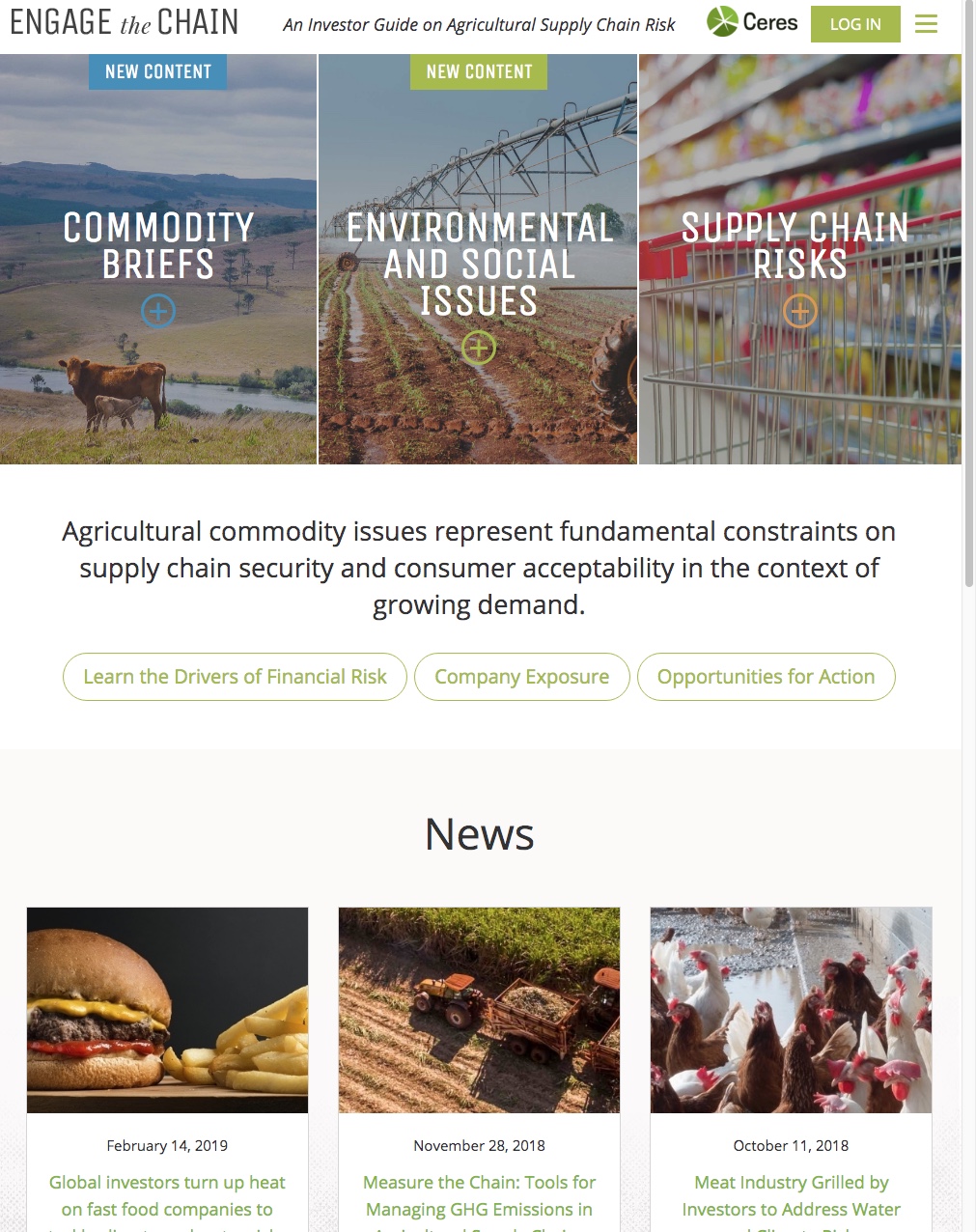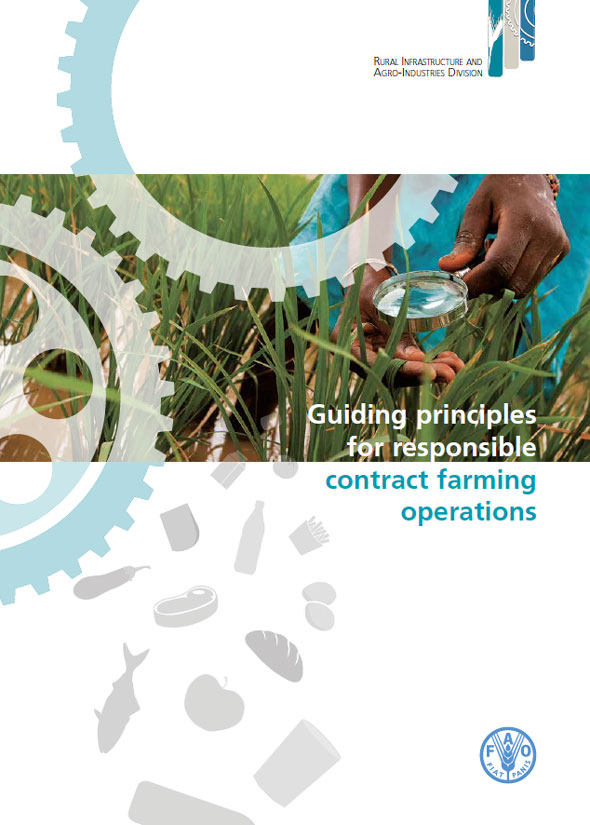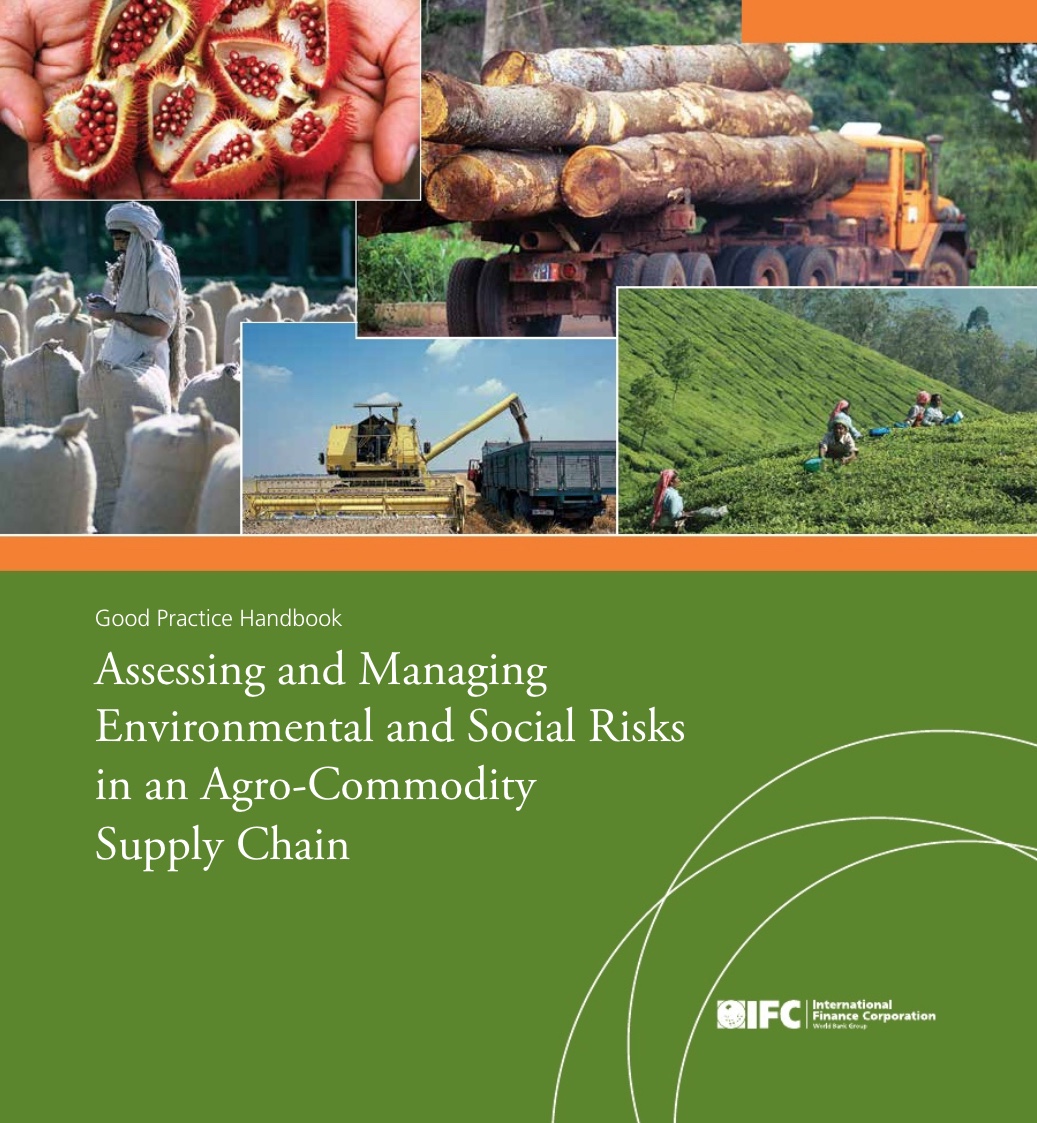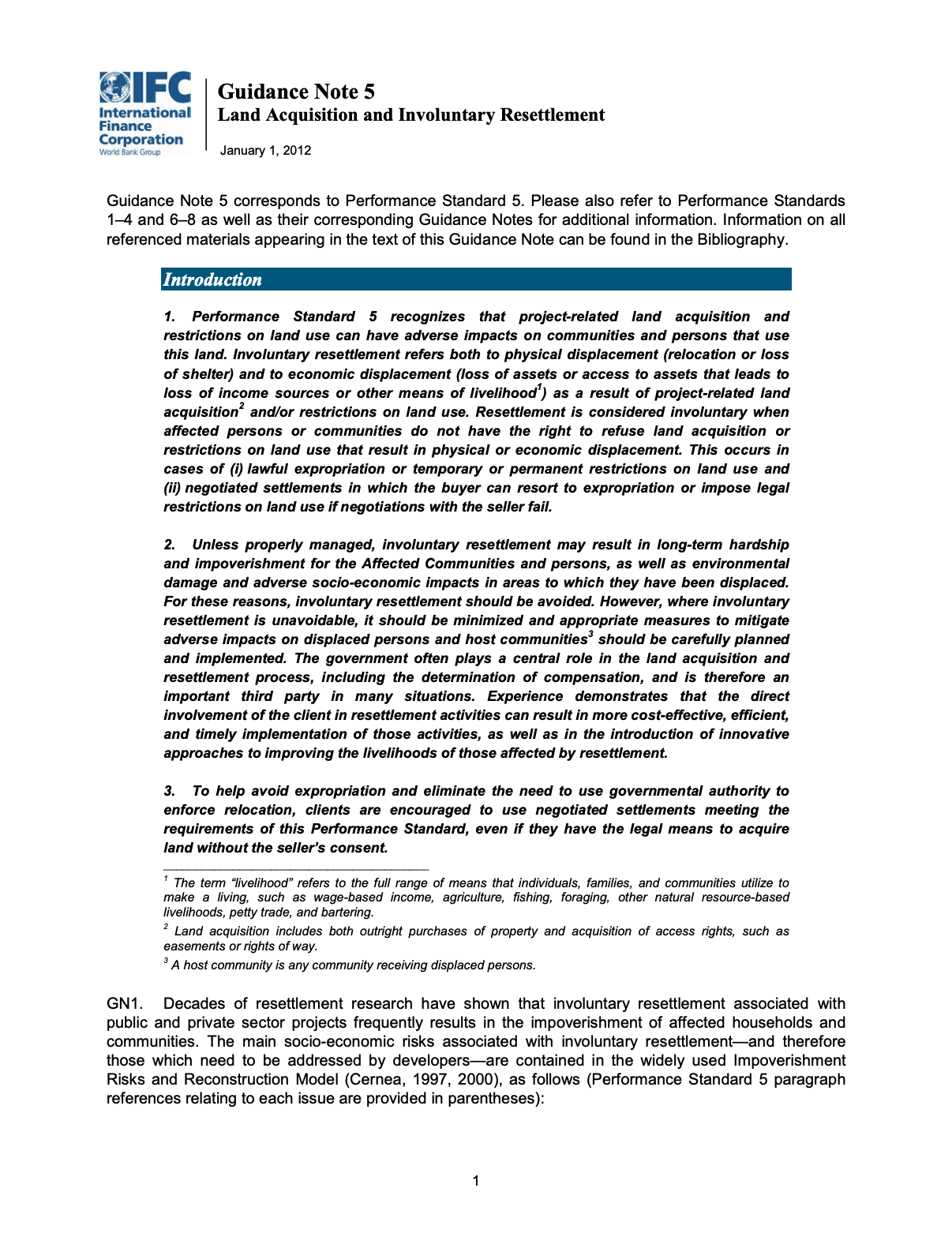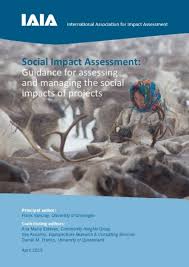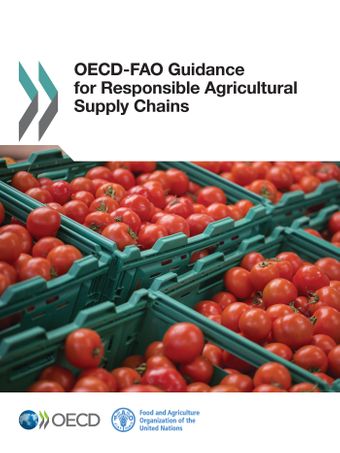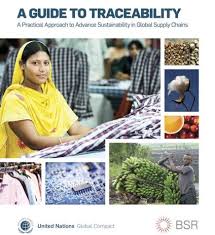Investments in the Agricultural Value Chain: Expanding the Scope of Environment and Social Due Diligence - Improving Risk management, Creating Value and Achieving Broader Development Outcomes
This report provides guidance for development finance institutions and investors seeking to understand and manage environmental and social issues responsibly at different stages of the value chain. It provides
• information on ways investors can expand the scope of due diligence to further improve E&S risk management and drive value through supply chains,
• initial and practical information about the links between upstream and downstream actors in the value chain, including primary producers and project-affected communities, and


